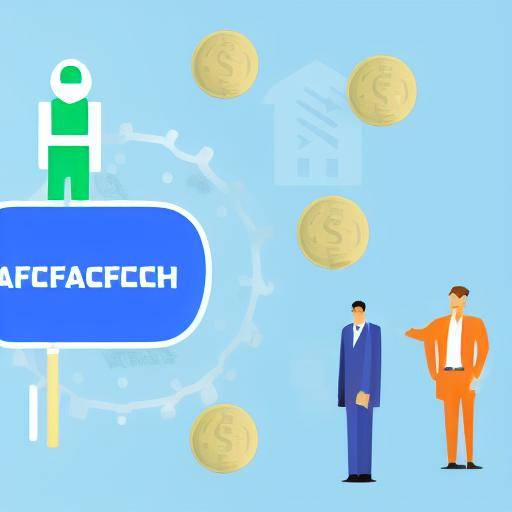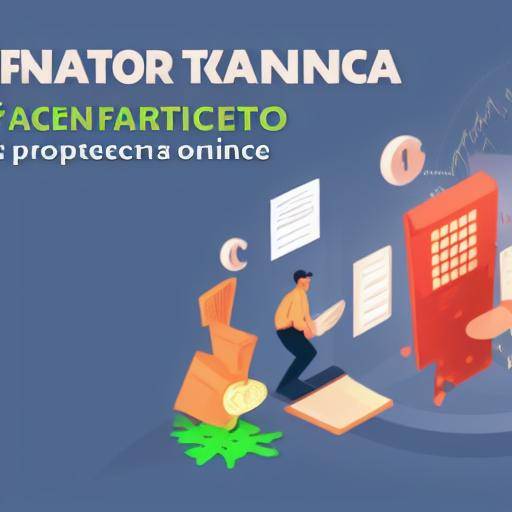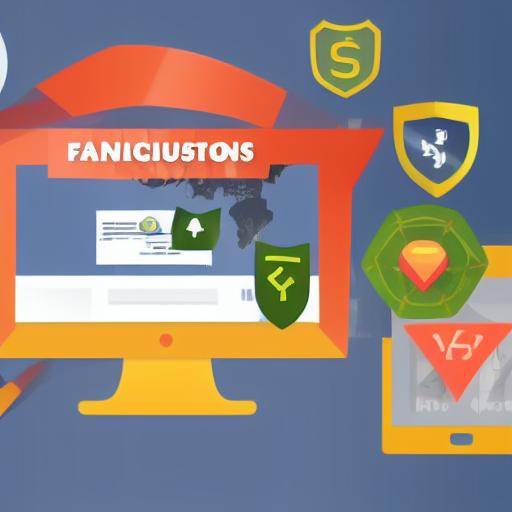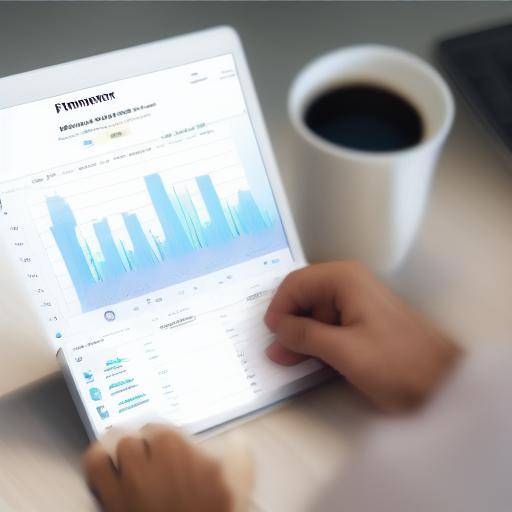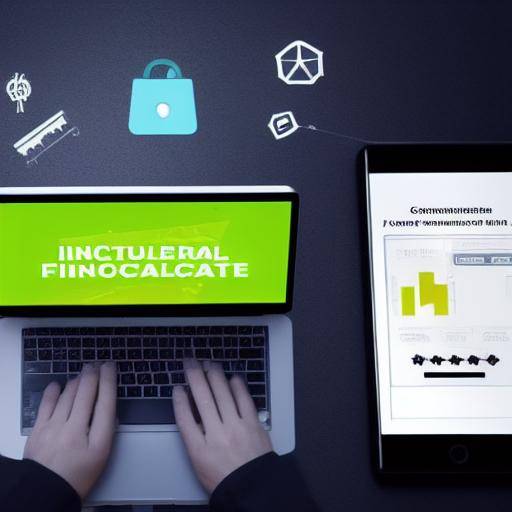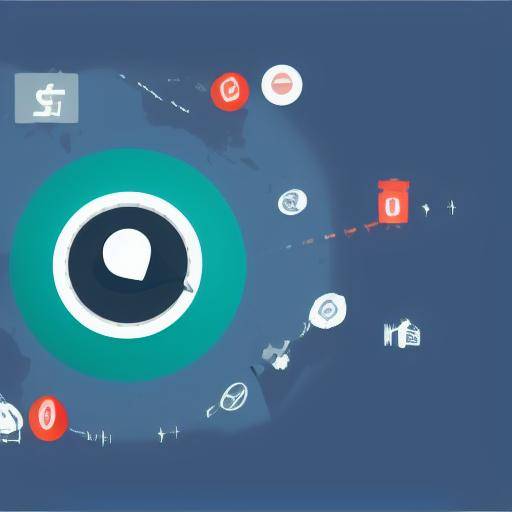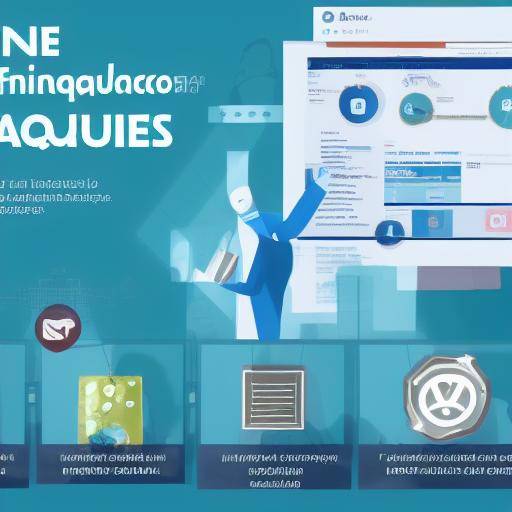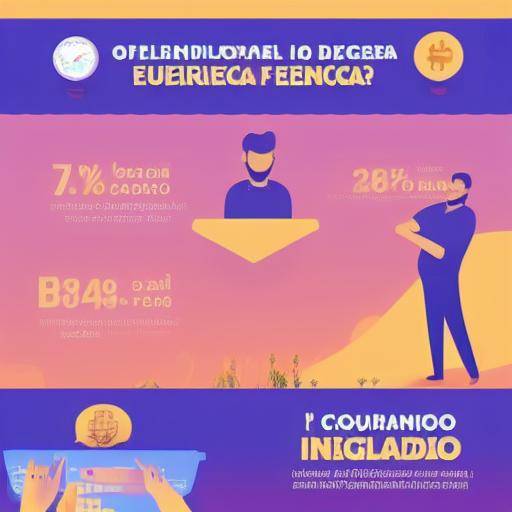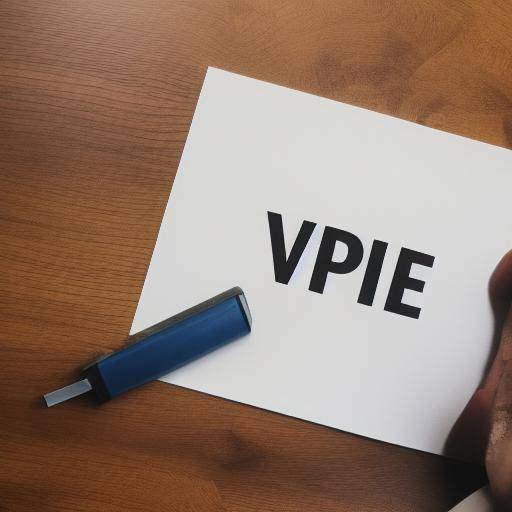
Introduction
Have you ever wondered if your financial data are really safe when you make online transactions? In a world where data privacy and security are of paramount importance, it is crucial to protect your finances from possible cyber threats. In this article, we will explore the fundamental role that VPNs play in protecting your online finances. From its origin to future trends, we will examine how the VPNs guarantee privacy, security and data protection, giving you the tranquility you need when doing your financial operations on the web.
History and Background
Virtual private networks, known as VPN, have travelled a long way since its emergence in the 1990s. Initially, VPNs were mainly used in business environments to provide a secure channel of communication and data transfer between different headquarters. Over time, its utility has expanded on a personal level, providing users with an additional layer of protection when surfing the internet and carrying out financial transactions.
The year 1996 marked a significant milestone in the history of the VPNs, when the point-to-point tunnelling protocol (PPTP) became a widely adopted standard. This technology allowed users to access private networks remotely, establishing the basis for the development of modern VPNs. As awareness of the importance of online privacy and security has been increasing, VPNs have evolved to meet this growing demand.
Case Study: The evolution of VPNs in the financial environmentAn outstanding example of the importance of VPNs in the financial sphere was evident during the 2008 global economic crisis. At that time, the security of online financial transactions became crucial, and financial institutions resorted to VPNs to protect their customers' confidential data. This immediate and effective response paved the way for VPNs to become increasingly integrated into the financial sector, contributing to their exponential growth in personal and corporate use.
Detailed Analysis
VPNs play a crucial role in protecting online finance by providing a wide range of benefits in terms of privacy, security and data protection. In addition to hiding the user's IP address and encrypting communications, VPNs provide a secure virtual environment that ensures the confidentiality of financial information. This additional layer of security is essential in a world where cyber threats continue to evolve and sophisticated.
Real Example: Impact of VPNs on Financial SecurityA recent study revealed that the use of a VPN can significantly reduce the risk of online financial fraud. By masking the user's IP address and encrypting its online activities, VPNs make it very difficult for fraudulent practices, such as theft of credit card data and identity suplantation. This tangible example illustrates how VPNs are directly linked to the protection of online finance.
Exhaustive examination
In this section, we will explore different applications, case studies and best practices related to the use of VPNs to ensure the safety of online financial transactions.
Comparative analysis
The intersection between privacy, security and data protection is where VPNs emerge as a central element in the protection of online finance.
Practical Tips and Accessible Recommendations
To make sure your online financial operations are protected, consider following these practical tips to maximize security.
Industry Perspectives and Expert Reviews
Distinguished IT security and finance experts share their views on the critical role of VPNs in protecting online financial transactions.
Case Studies and Applications in Real Life
Discover how individuals and companies have successfully used VPNs to safeguard their financial transactions in digital environments.
Future Trends and Predictions
We anticipate the upcoming innovations in the area of VPNs and their impact on the protection of online finances.
Conclusions
In short, VPNs play a key role in protecting our online finances by ensuring privacy, security and data protection. By adopting best practices and understanding the value of VPNs, we can protect our financial transactions more effectively in a constantly evolving digital environment. Keeping the security of our online finances is a shared responsibility between users and the technologies we use.
Frequently asked questions
How does a VPN affect my online financial privacy?
A VPN masks your IP address and encrypts your online activities, adding an additional layer of privacy to your financial transactions online. By channeling your traffic through secure servers, VPNs minimize the risk of exposure of sensitive financial data.
Can VPNs help prevent online financial fraud?
Yes, the use of a VPN can significantly hinder online fraudulent practices by hiding your location and encrypting your communications. This makes it harder for violators to access and compromise your financial data.
Is it safe to use a VPN for online banking transactions?
Yes, when properly used, a VPN can increase the security of your online banking transactions by protecting your confidential data from possible cyber threats, such as theft of financial information and identity supplanting.
Are there any disadvantages in using a VPN to protect my online finances?
While VPNs offer significant benefits in terms of security and privacy, it is important to select a reliable provider and observe local laws related to the use of VPNs. In addition, network performance may be slightly affected by using a VPN due to additional data routing.
What is the future of VPNs in relation to online financial protection?
VPNs are expected to continue to evolve to address emerging challenges in financial cybersecurity. The integration of advanced technologies, such as automatic learning and artificial intelligence, promises to further strengthen the protection of financial data in digital environments.
How to choose the best VPN to protect my online financial transactions?
When selecting a VPN, it is essential to consider aspects such as privacy policy, connection speed, server location and additional security features. Find reliable reviews and compare the different options available will allow you to make an informed decision about the VPN most suitable for your online financial needs.
Conclusion
In conclusion, VPNs play an essential role in protecting our online finances by safeguarding privacy, security and data protection. By understanding the added value of VPNs, we can take active measures to strengthen the security of our financial transactions in digital environments. With the continued evolution of cybersecurity technologies, VPNs will remain a crucial ally to protect our online finances in the future.






